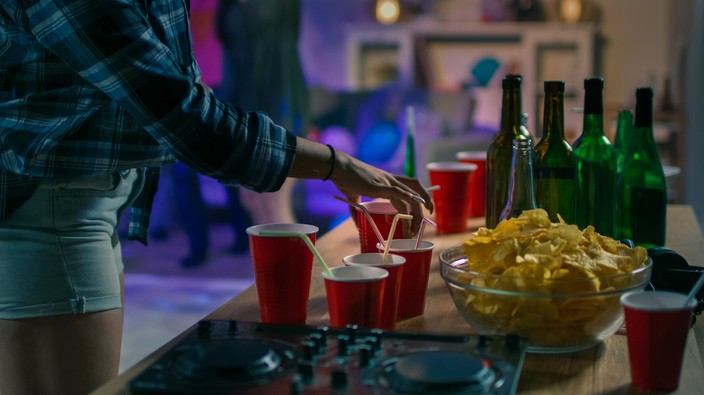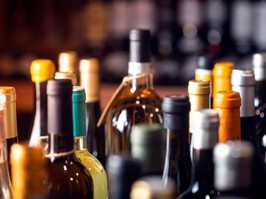alcohol use disorder: do you know the signs?
alcohol use disorder can be different than alcoholism.
does a drink a day shrink the size of your brain?
the study's findings show a need for more research into how alcohol affects our health.
 3 minute read
3 minute read








